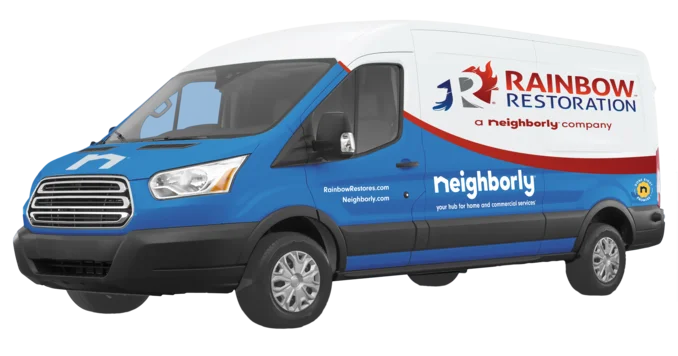
Purchasing a home with existing fire damage may be risky but may also be a worthy investment. Buying a house renovated after a fire should be handled with care. It’s important to know what to watch for when buying a house with fire damage and not get caught up in the real estate bargain you found on the market.
Read this blog for information on the pros and cons of buying a house with fire damage, as well as a list of things to watch for before you seal the deal.
Buying a Home with Fire Damage: What to Watch For
While buying a home with fire damage may get you a good deal, there are a lot of things to watch for before committing. If the home you’re considering has any of these features, it might be time to set your sights elsewhere …
What to watch for when buying a home with fire damage:
- Water damage – yes! Think about it: Water is used to put out a fire and a firefighter’s main concern is putting out the fire in front of them regardless of how much water it takes. Unfortunately, the water often damages homes as much as the fire does.
- Mold: Mold can grow anywhere with water damage, especially in bathrooms and kitchens, behind or under appliances, and in basements. Make sure to check the property thoroughly for water damage and mold.
- Damaged ducts: Firefighters use a combination of water and chemicals to put out a fire. If these chemicals leak into the ducts, it can cause serious issues for indoor air quality. Have your ducts professionally cleaned.
- Warped frames and floors: Exposure to water can warp interior wooden structures.
- Structural damage: Have the home’s load-bearing walls inspected by a structural engineer.
- Plumbing damage: Heat from the fire can damage PVC pipes and copper soldering.
- Smoke damage: There are health implications of smoke damage in addition to the unpleasant smell and stains smoke leaves in its wake.
- Asbestos: Homes built before 1980 should be thoroughly inspected for asbestos after a fire occurs.
Pros of Buying a House Renovated After a Fire
If the home is safe, buying a house that’s been renovated after a fire can save you a lot of money. You have a higher return on investment for fire-damaged homes because they’re often undervalued. But if the home has not yet been repaired after a fire, the repairs may be less expensive than estimated. Additionally, you have the power to make layout changes to your home if extensive renovations are needed.
To summarize, the pros of buying a house that’s been renovated after a fire are:
- High return-on-investment
- Good price
- Power to change the layout (if you are in charge of the renovation)
Cons of Buying a House Renovated After a Fire
There are, however, some downsides to buying a home after a fire. The biggest con to buying a house after a fire is all the unknown variables you’ll have to contend with. Unfortunately, it’s very easy to cover up the extent of the damage with quick fixes like new drywall or carpeting. Be sure to have any home you plan to purchase professionally inspected. A professional inspection can determine whether or not a home has been remediated according to best practices and brought up to code.
Should I Buy a Fire-Damaged House?
Rainbow Restoration will make your home as safe as possible after it has sustained fire damage. Our skilled professionals are IICRC-certified fire remediation experts who will restore your home to the way it was before the fire occurred. Give Rainbow Restoration a call today.
